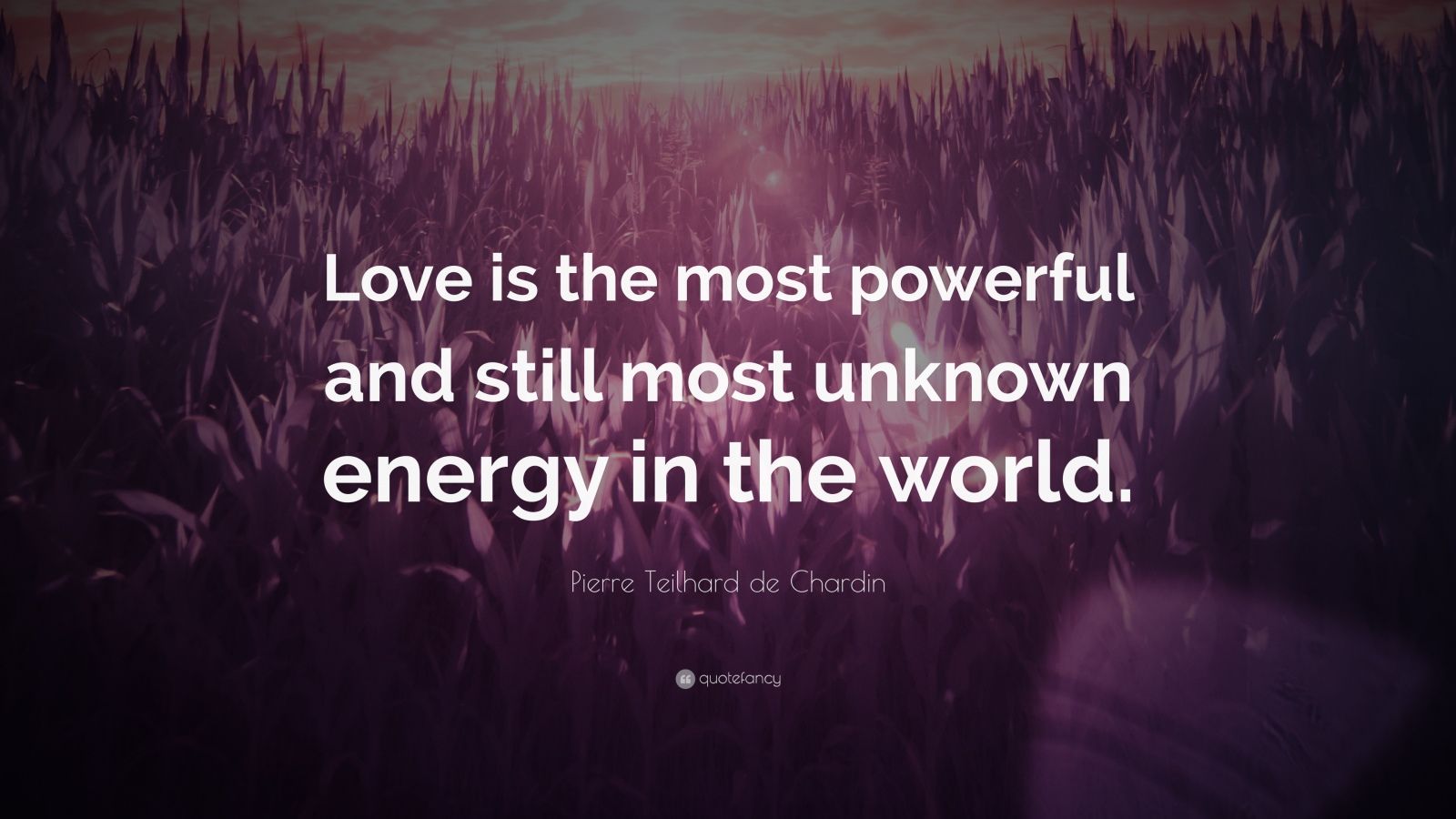

In a sense, Bourdain is saying, “Life is letting me down somehow.

Bourdain says to friend, “You’re successful, and I’m successful and I’m wondering, ‘Are you happy?’” I would argue that this line is also bound up with betrayal. For instance, the use of AI in surveillance, policing and job recruitment has been marked by racial bias.Īll this is related, in an interesting way, to the one line in the Bourdain documentary that the director acknowledged was manipulated by AI. There is evidence in the real world to support this suspicion about AI. It is turned against human beings, or, as numerous sci-fi films have dramatized, it turns on human beings. In this narrative, AI proves unfaithful to the purpose of improving or enhancing human experience. It’s the idea that AI – not to mention those who develop and implement AI – is an untrustworthy tool. I would suggest that such a feeling of betrayal may be linked to a persistent, dystopian narrative about AI as constituting a threat of betrayal. I’m not sure I totally agree with that point of view, but I understand it. So, I understand that audiences might feel betrayed. He couldn’t get Bourdain’s consent, and there may be some question about whether he received the family’s consent. Likewise, in some quarters there is concern that the director betrayed Bourdain and his family. Since Bourdain didn’t actually vocalize the words at issue, the director broke a tacit contract with the audience. In one regard, there’s the idea that the director betrayed the audience’s confidence in what they are hearing. For me, that’s the richest aspect of this particular issue. I find this whole phenomenon rather fascinating, as it’s bound up with a very complicated dynamic of betrayal. You haven’t seen the film, but from what you’ve heard about how the director used AI to mimic Anthony Bourdain’s voice at certain junctures, never disclosing that he did so until after the fact and in a very casual way, what was your reaction?Ī.

Still, Little understands the feeling of being duped, which some people who have watched the Bourdain film said they have experienced.įor a deeper dive into the debate, UVA Today caught up with Little, whose research interests focus on genre study of film, history and philosophy of film, and film and critical race studies. You kind of sense where the voice is coming from, but you don’t know exactly.” Coincidentally, a perfect example of such a voice is the voice of the most famous AI in cinema, HAL in ‘2001: A Space Odyssey.’ … You don’t see lips moving, there’s no body attached to it.

“Film will also use the device of the voice that is offscreen – you can’t locate it. He is speaking, after a fashion, from beyond the grave.” “One could argue that Bourdain’s AI-manipulated voice represents a version of a voiceover. “The voiceover, where you can have someone who’s actually dead narrating the film, who’s speaking from beyond the story or beyond the grave and looking back on events, is a fairly typical film noir technique,” Little said. One thing to remember, he said, is that the manipulation of voice in film goes back a long way. University of Virginia media studies associate professor William Little, who teaches a course centered on the use of AI and film, said he understands the controversy. There’s also the fact that Bourdain couldn’t give consent for his voice to be re-created. On the other, the director tried to give the impression that the voice was Bourdain’s. On one hand, the words coming out of Bourdain’s mouth weren’t made up out of thin air – which is sometimes the case when AI is used for nefarious purposes. In the film, Neville uses the AI-created voice to read a line from an email Bourdain wrote to a friend. Then there are those stuck in the middle, not sure where the line in the sand should be – or if there should even be a line at all. Others believe it was well within his artistic license. Some people believe Neville had an ethical obligation to inform the audience that he had done so. In case you missed it, last week’s disclosure by film director Morgan Neville that he used artificial intelligence to recreate the voice of deceased celebrity chef Anthony Bourdain in parts of his new documentary film, “Roadrunner,” has caused a stir.


 0 kommentar(er)
0 kommentar(er)
